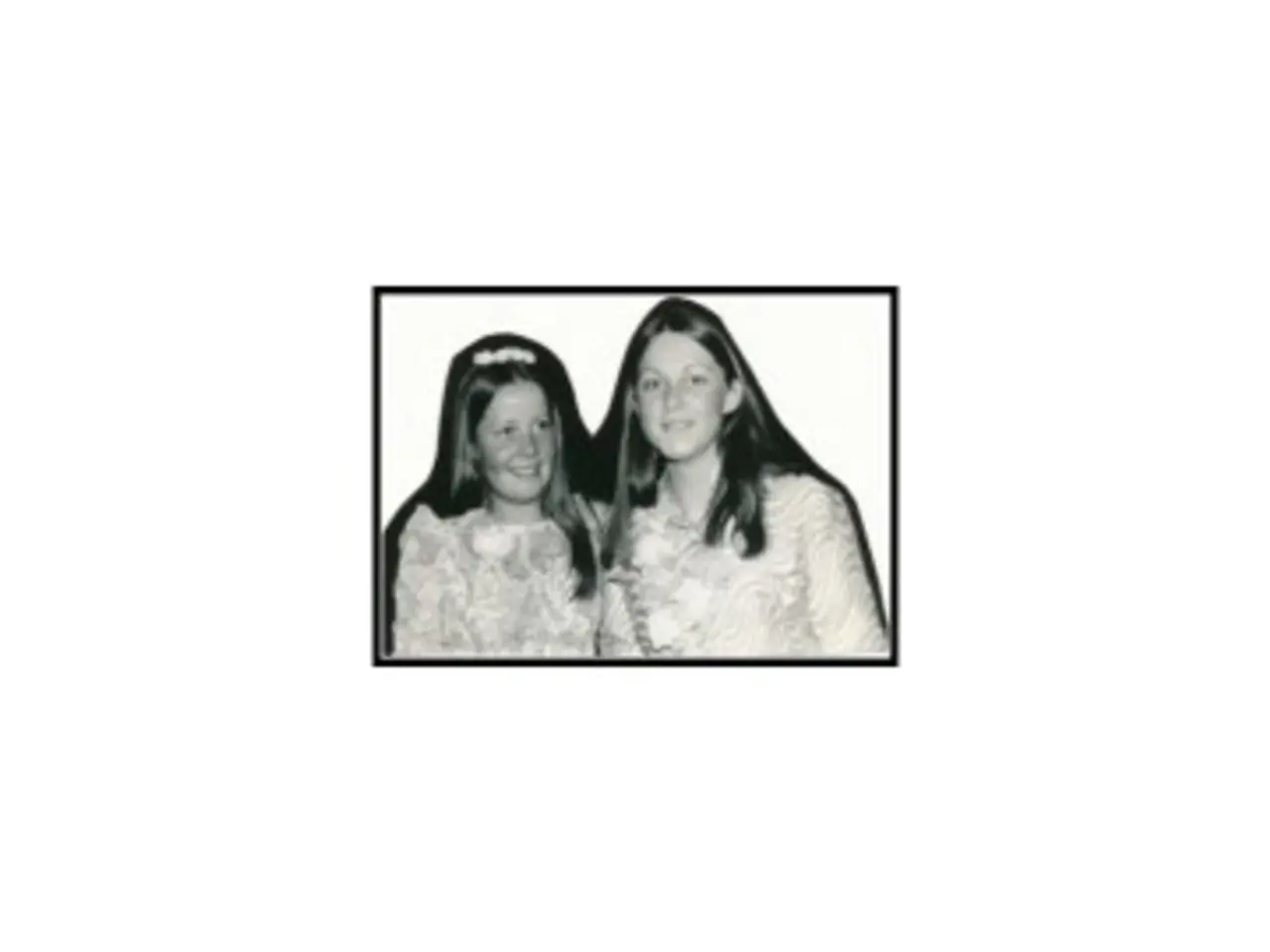On-screen portrayals of nature by black women have undergone a creative transformation
In the realm of popular culture, Black women are making a significant impact on the portrayal and understanding of ecology and climate change. Their influence is centred around community resilience, intersectionality, and climate justice, often highlighting how racial and gender inequities intersect with environmental issues.
Through their leadership, Black women have built movements that connect community care with climate resilience. By doing so, they emphasise how environmental degradation disproportionately impacts Black and marginalised communities due to historical and structural inequities. Their climate justice advocacy addresses both ecological and social dimensions.
In cultural works, Black women and Black feminist thinkers use speculative and Afrofuturist frameworks to imagine alternative ecological futures. They resist the blame traditionally placed on vulnerable groups for environmental harm and critique capitalist and industrial systems that contribute to climate change.
The visibility and representation of Black women within environmental media are growing, helping to diversify the stories told about climate change and ecological issues. Programs like Dominique Thomas’s Climate League empower Black women to lead climate education and advocacy.
Their contributions challenge caricatures and stereotypical portrayals by integrating gender, race, and environmental justice. This shift in popular culture moves climate change from being seen solely as a scientific or political issue to a deeply social and cultural one.
In the world of film and television, Black women are painting an alternative portrait of themselves. Works like Kasi Lemmons' 1997 horror drama, Eve's Bayou, and Beyoncé's 2016 film, Lemonade, depict Black families as prosperous and connected to nature, challenging the stereotype that access to glamour and greenage was not a birthright for Black families.
Michaela Coel's 2020 show, I May Destroy You, provides a nuanced portrait of a Black woman's recovery from rape and interweaves environmental degradation as a recurring theme. The show suggests that Black women's issues are everyone's ecological problems, emphasising the interconnectedness of environmental degradation and societal issues.
In I May Destroy You, Blackness and femininity are central to the ways we imagine our environments, reinforcing the idea that nature is available for Black women's leisure, healing, and living. The show serves as a reminder that the issues that affect Black women most sharply, such as anti-Blackness, sexism, and class oppression, are everyone else's ecological problems, too.
Beyoncé's 2020 release, Black Is King, explores ecological healing and features dazzling coasts, sparkling waterfalls, red clays, and technicolor Ankara prints. The jovial marriage between Black masculinity and femininity in the film portrays Black masculinity no longer as the perpetrator of emotional injury.
Naomi Campbell's home in Jamaica, graced by MTV's Cribs in 2003, was simple and close to nature, with a non-air conditioned house, mosquito nets, outdoor showers, and a tasteful house hugging the beach.
Dr. Chelsea Mikael Frazier, author of this special edition of The Frontline, continues to elevate intersectional climate justice, advocating for systemic transformation, and producing innovative cultural responses that broaden how ecology and climate change are understood and represented. This leadership aids in reshaping environmental discourse to be more inclusive and reflective of diverse lived realities.
- Dr. Chelsea Mikael Frazier's special edition of The Frontline, focused on intersectional climate justice, aims to transform and broaden the understanding and representation of ecology and climate change.
- Naomi Campbell's home showcased on MTV's Cribs in 2003, with its simple, natural aesthetic and lack of air conditioning, exemplifies a connection with nature that extends to lifestyle choices.
- Beyoncé's 2020 release, Black Is King, combines vivid imagery of ecological healing with technicolor Ankara prints, portraying Black masculinity as nurturing and supportive, rather than as a perpetrator of harm.
- In I May Destroy You, Michaela Coel explores the connection between Black women's issues and environmental degradation, highlighting the interconnectedness of societal problems and ecological concerns.
- Black women, through their leadership and movements, emphasise the disproportionate impact of environmental degradation on marginalised communities due to historical and structural inequities.
- Within the realm of cultural works, Black women and Black feminist thinkers use Afrofuturist and speculative frameworks to imagine alternative ecological futures, resisting blame for environmental harm and critiquing the systems that contribute to climate change.






